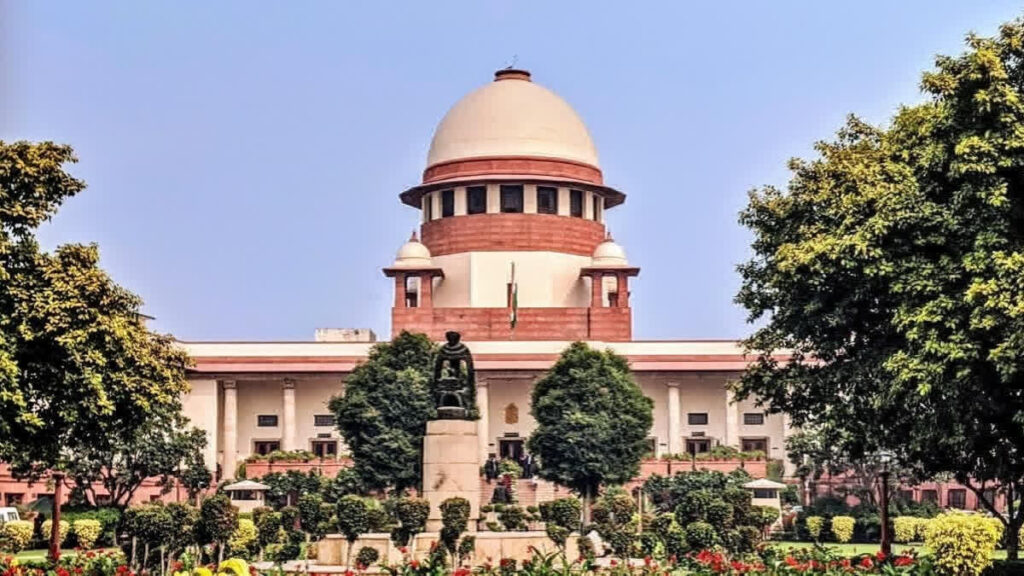Jahanvi Agarwal
The Supreme Court reaffirmed that once a resolution plan gets the nod from the Committee of Creditors (CoC), the resolution applicant cannot retract or alter it. Justices Sanjiv Khanna and Dipankar Datta referred to the Ebix Singapore Pvt. Ltd. v. Committee of Creditors of Educomp Solutions Ltd. and Anr. case [Civil Appeal No. 3224 of 2020], where the apex court outlined why such amendments or withdrawals post-CoC approval are impermissible.
The Court emphasized that the resolution plan’s approval under Section 31(1) of the Insolvency and Bankruptcy Code renders it binding on all stakeholders, precluding any unilateral changes by the resolution applicant.
The Bench emphasized that once a resolution plan is approved by the adjudicating authority, it becomes legally binding on everyone involved. This means that the resolution applicant cannot change or withdraw the plan without permission from the Committee. The Court also highlighted the expertise of professionals who create these plans, suggesting it’s unlikely they would make mistakes or misunderstand important details.
Moreover, the Bench dismissed post-approval critiques of resolution plans, except in cases of egregious data manipulation. “Pointing out the ambiguities or lack of specific details or data, post acceptance of the resolution plan by the Committee of Creditors, should be rejected… Absence or ambiguity of details and particulars should put the parties to caution,” the court clarified.
In its verdict, the Supreme Court upheld the CoC-approved resolution plan, underscoring the resolution professional’s obligation to provide information about the corporate debtor’s financial distress to the best of their ability.
Case Name: Deccan Value Investors L.P. & Anr. v. Dinkar Venkatasubramanian & Anr.
Dairy Number: 2801/ 2020
Bench: Justices Sanjiv Khanna and Dipankar Datta

